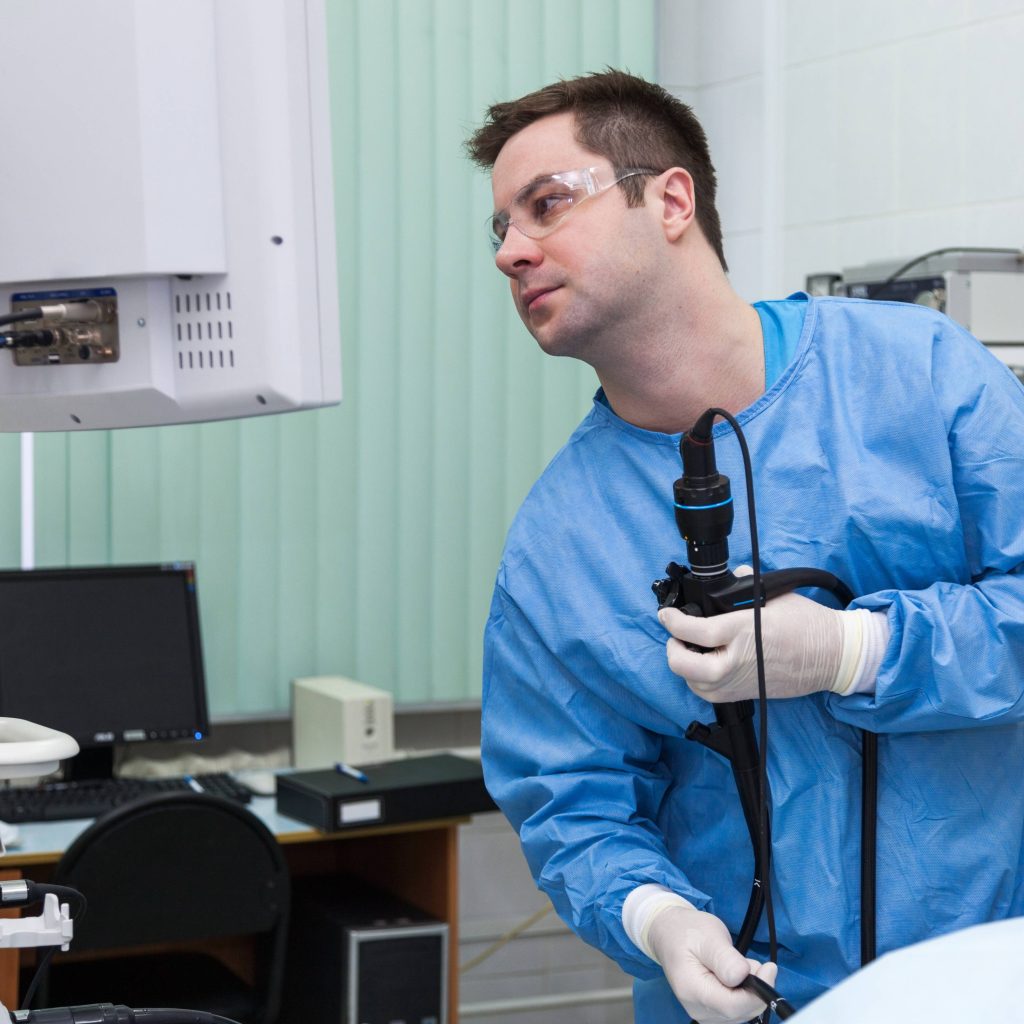A Colonoscopy is a medical procedure to detect colon cancer and other abnormalities in the colon and rectum. It involves inserting a flexible tube with a camera and light at the end, called a colonoscope, into the rectum and slowly guiding it through the colon.

While the thought of a colonoscopy may be intimidating, it is essential for detecting colon cancer early when it is most treatable. Therefore, it is recommended that individuals over 50 undergo regular colonoscopies, and those with a family history of colon cancer may need to begin screenings even earlier.
The patient is usually sedated during a colonoscopy to ensure comfort during the procedure. The colonoscope allows the doctor to view the lining of the colon and rectum, looking for polyps or other signs of cancer. A biopsy can be taken for further testing if any abnormalities are found.
While colonoscopies are most commonly used to detect colon cancer, they can also investigate other gastrointestinal issues such as chronic diarrhea, rectal bleeding, or abdominal pain.
Preparing for a colonoscopy can be uncomfortable, but it is crucial to ensure the colon is clear of any obstructions or debris that may interfere with the procedure. This preparation typically involves a clear liquid diet for a day or two before the procedure, followed by a bowel prep solution to flush out the colon.
One of the most significant benefits of colonoscopies is that they can often detect colon cancer in its early stages when it is most treatable. This can be lifesaving for those who may not have otherwise been aware of cancer.
It is important to note that colonoscopies effectively detect colon cancer, but they are not foolproof. In some cases, cancer may still develop despite regular screenings. Therefore, it is essential to be aware of any symptoms of colon cancer, including changes in bowel habits, rectal bleeding, abdominal pain, or unexplained weight loss, and to seek medical attention if any of these symptoms arise.
In addition to regular screenings, there are also steps that individuals can take to reduce their risk of developing colon cancer. These include maintaining a healthy diet and exercise regimen, avoiding tobacco and excessive alcohol consumption, and staying current on other recommended cancer screenings such as mammograms or prostate exams.
In conclusion, while colonoscopies may not be the most comfortable experience, they are essential for detecting colon cancer early when it is most treatable. In addition, by undergoing regular screenings and maintaining a healthy lifestyle, individuals can significantly reduce their risk of developing colon cancer and other gastrointestinal issues. If you are over 50 or have a family history of colon cancer, talk to your doctor about scheduling a colonoscopy today.


